Airlines Grounded – Climate Crisis & COVID-19 Recovery Plan Essential
Last November I was involved in Association of Independent Tour Operators’ (AITO) announcement of plans to set up a Climate Change Think Tank pursuing positive action on the CO2 emissions debate and climate crisis. Whilst we have done our best to engage with and act upon the best way forward, six months on, the convenient truth is that the COVID-19 pandemic alone has resulted in the largest ever fall in global carbon output.
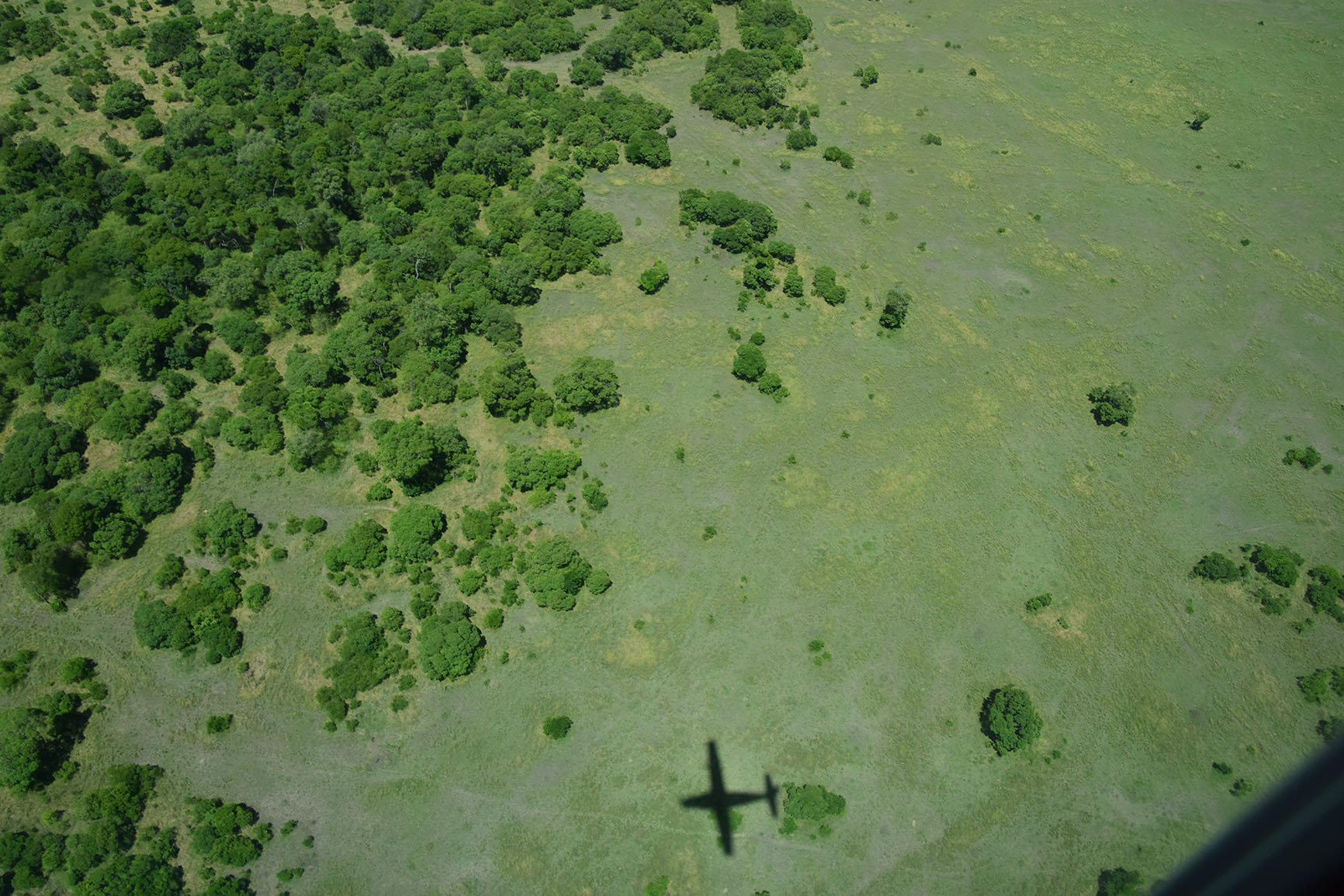
With clearer blue skies, fresher air and less pollution long may it last. But how?
During the pandemic’s global lock-down our consumption and production of energy is significantly less. Europe’s electricity generation has dropped by 39%; Britain has set an 18-consecutive-day record without coal-fired power generation; China’s CO2 footprint plummeted by 25%; and the global airline industry, experiencing wholescale fleet grounding, has significantly lessened its normal 2.5% contribution to global emissions.
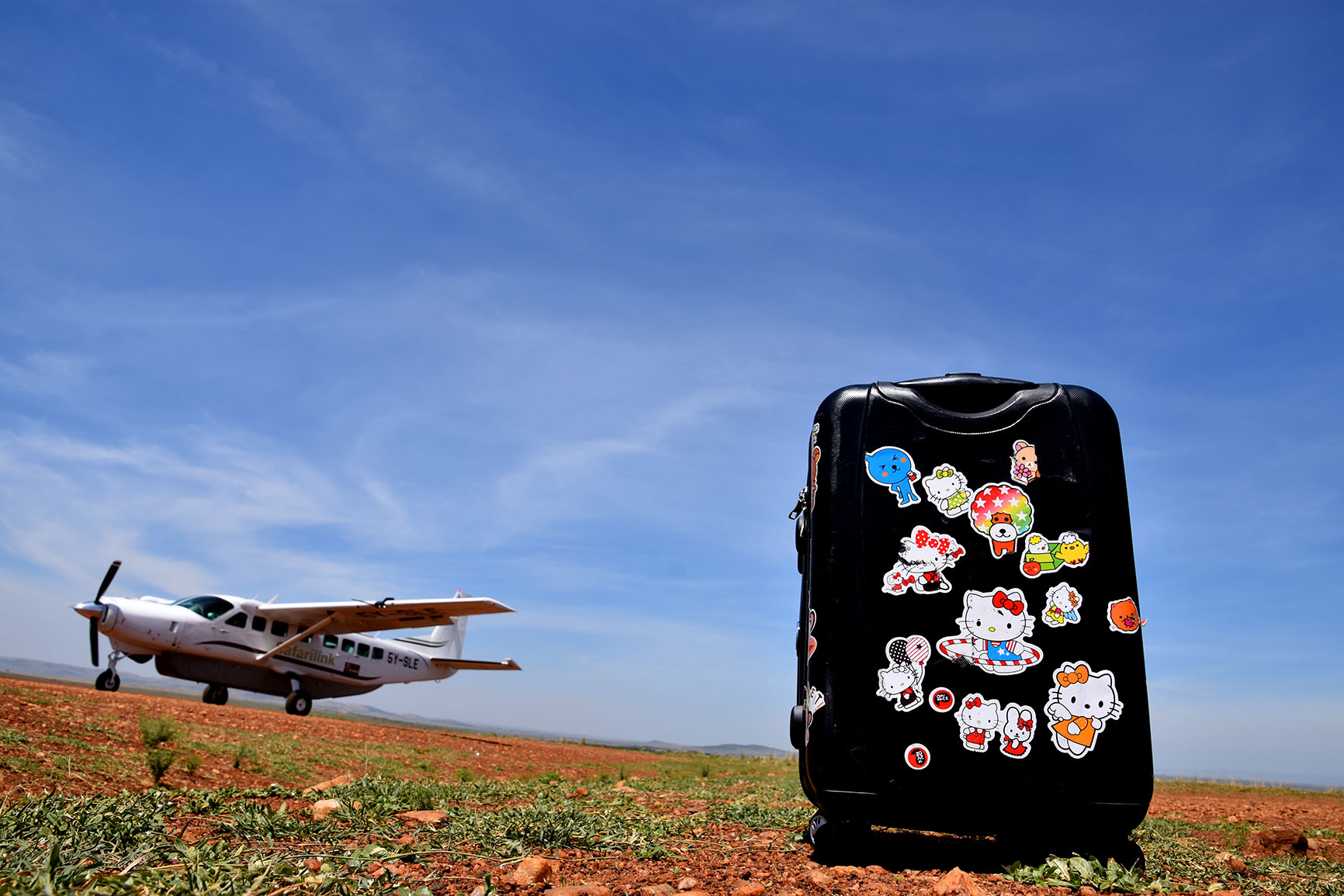
The grounding of many airline fleets has seen the International Civil Aviation Organization estimate up to 72% reduction in global flights, US$1.54 billion fewer passengers and a US$ 273 billion drop in revenue. Collectively, international tourism receipts are predicted to drop by up to US$450 billion, with UNWTO predicting a possible 80% fall in international tourist numbers this year.
These unprecedented times which have also seen an equally large impact on immediate climate crisis statistics. COVID-19’s effect on lowering global CO2 emissions is six time more than 2008 financial crisis, leading to International Energy Agency predictions that we will use 6% less power globally in 2020, equivalent to the entire energy demand of India.
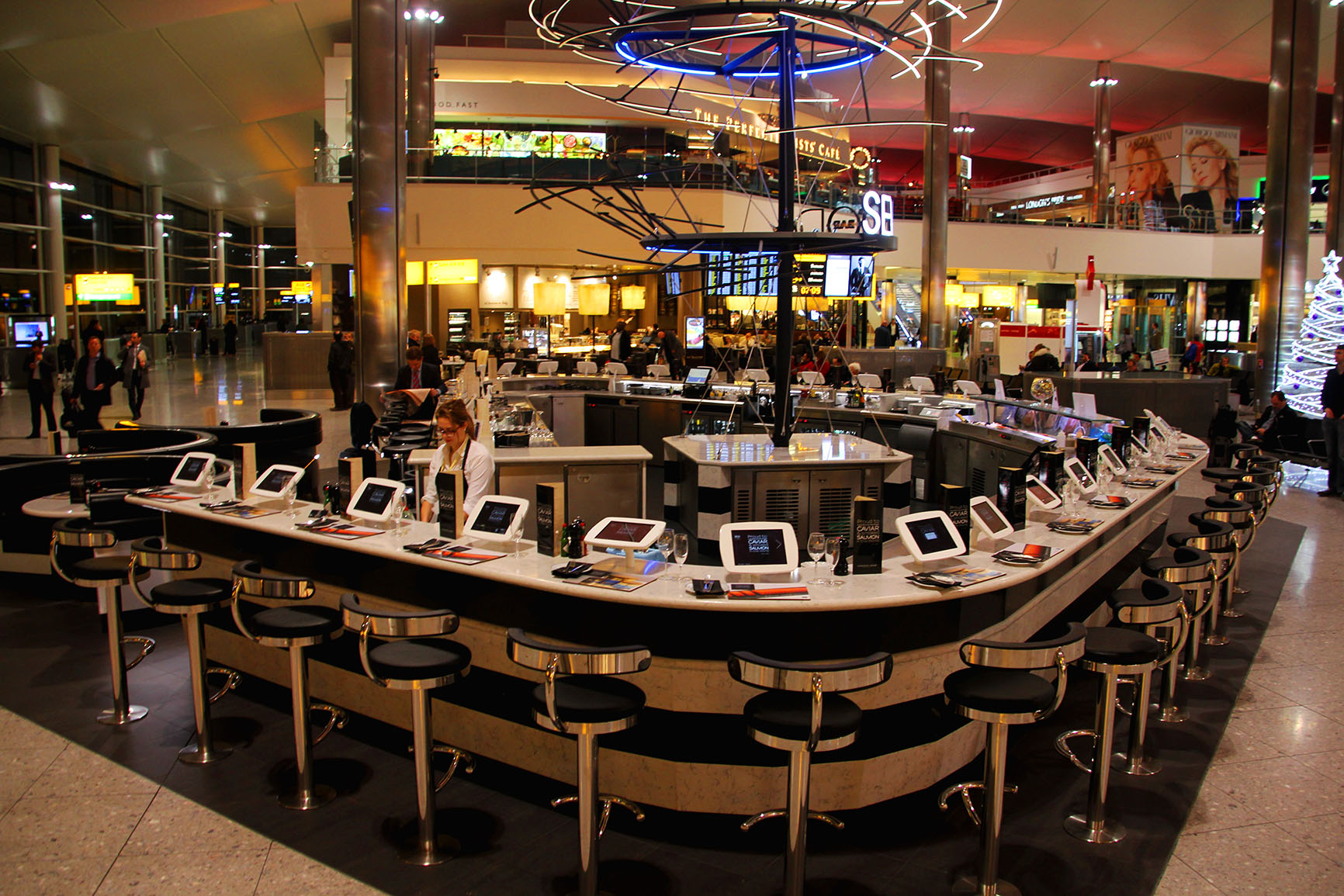
Bad news for tourism finance … good news for the environment. So, how best to go forward?
At the very least, as society concentrates on coming out of this COVID-19 situation the cry for climate change solutions to be intertwined with future economic crisis planning gets louder. At AITO, the hope is that whilst we can continue to engage with our own industry, and in particular airlines, simultaneously governments can take the lead in using this moment to secure the foundations to a more future-proof and climate-friendly model of international travel.

Strait of Gibraltar – presently clearer than normal.
A positive example of this innovation was when environment ministers from 30 countries met at a recent 2-day online Petersberg Climate Dialogue. Their attention drawn to a ‘green’ economic recovery after the pandemic.
However, given the current global situation, the key COP26 Conference has had to be postponed. At some point in the future it should be bringing together 30,000 delegates with the aim of coordinating an action plan on tackling climate change.
Time for critical change to global travel is not on our side. Global traveller numbers will surely bounce back. At a domestic level in a country recently emerging from extensive lockdown, China’s 3-day May Day holiday period recorded 85 million trips.
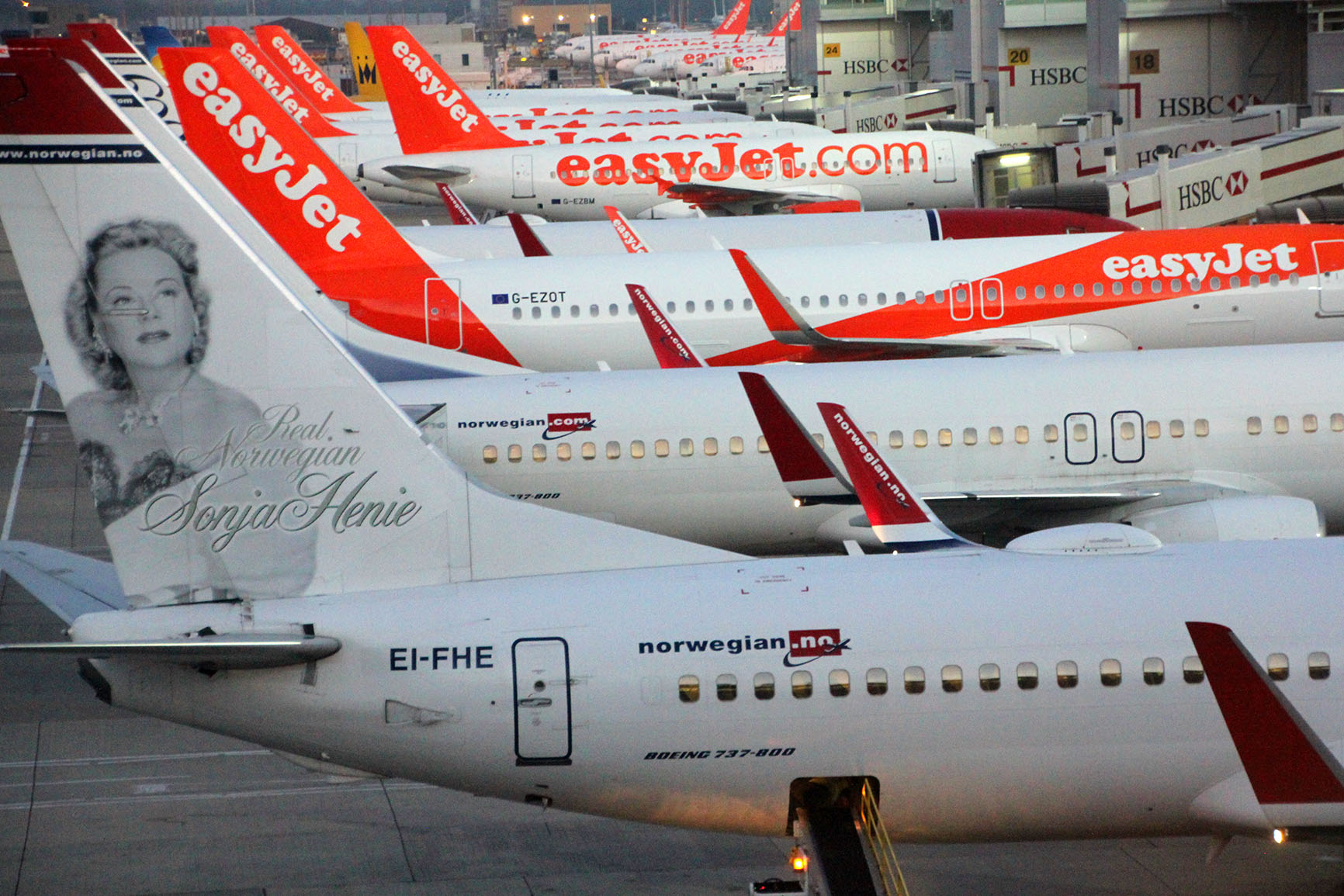
In aviation’s case this window of opportunity will be short. There is a delicate balancing act of assisting economically shattered carriers as well as pointing towards as efficient a carbon neutral future as possible. With multiple stakeholders, the aspiration is that we can embrace both the collective compliance of science (i.e. new airline technology) and longer-term sustainable travel practises.
Certainly, at a more local level, AITO will continue to communicate with our fellow UK travel industry colleagues. Society more widely must re-evaluate what type of pandemic-proof and climate sensitive travel and tourism industry it requires going forward.
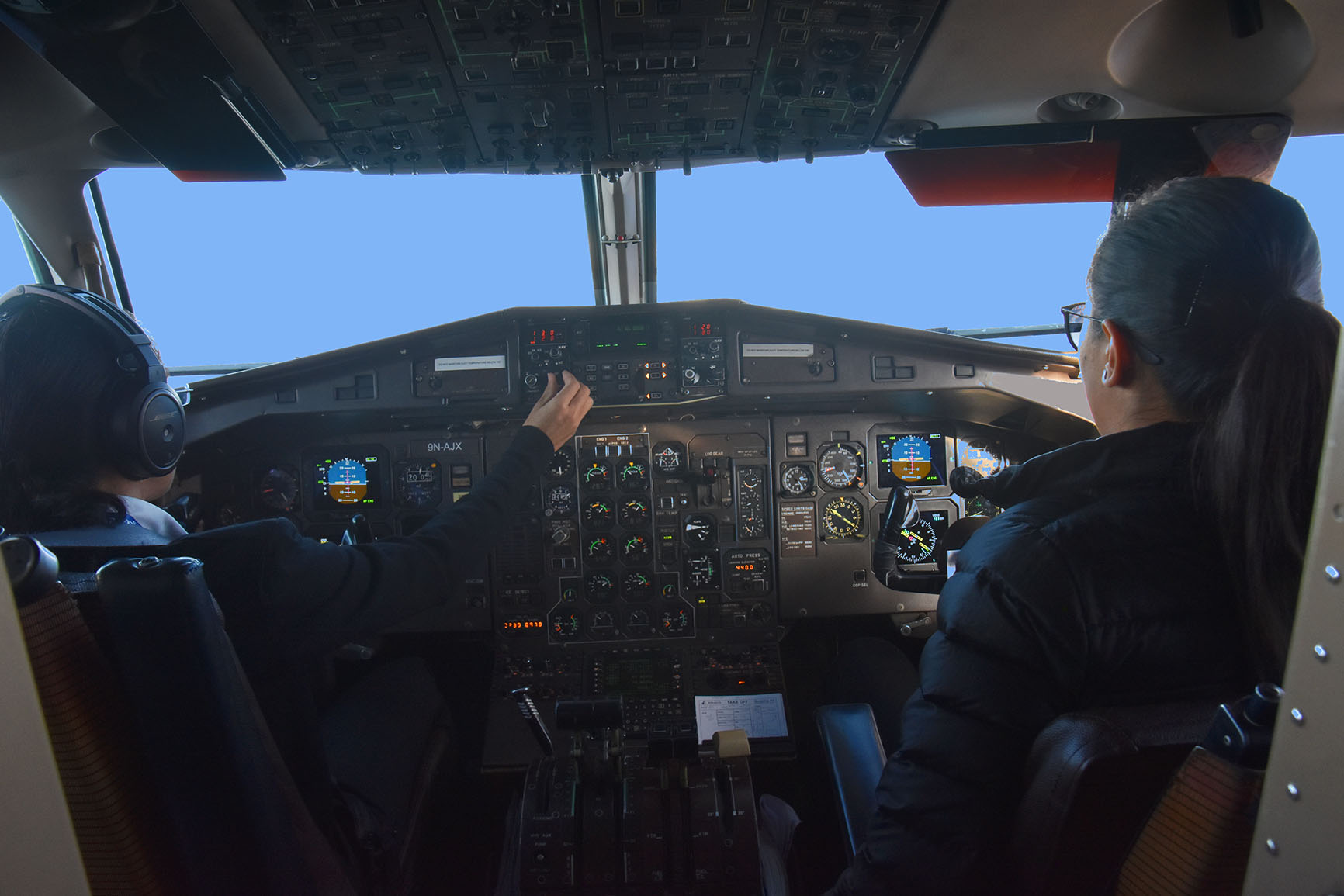
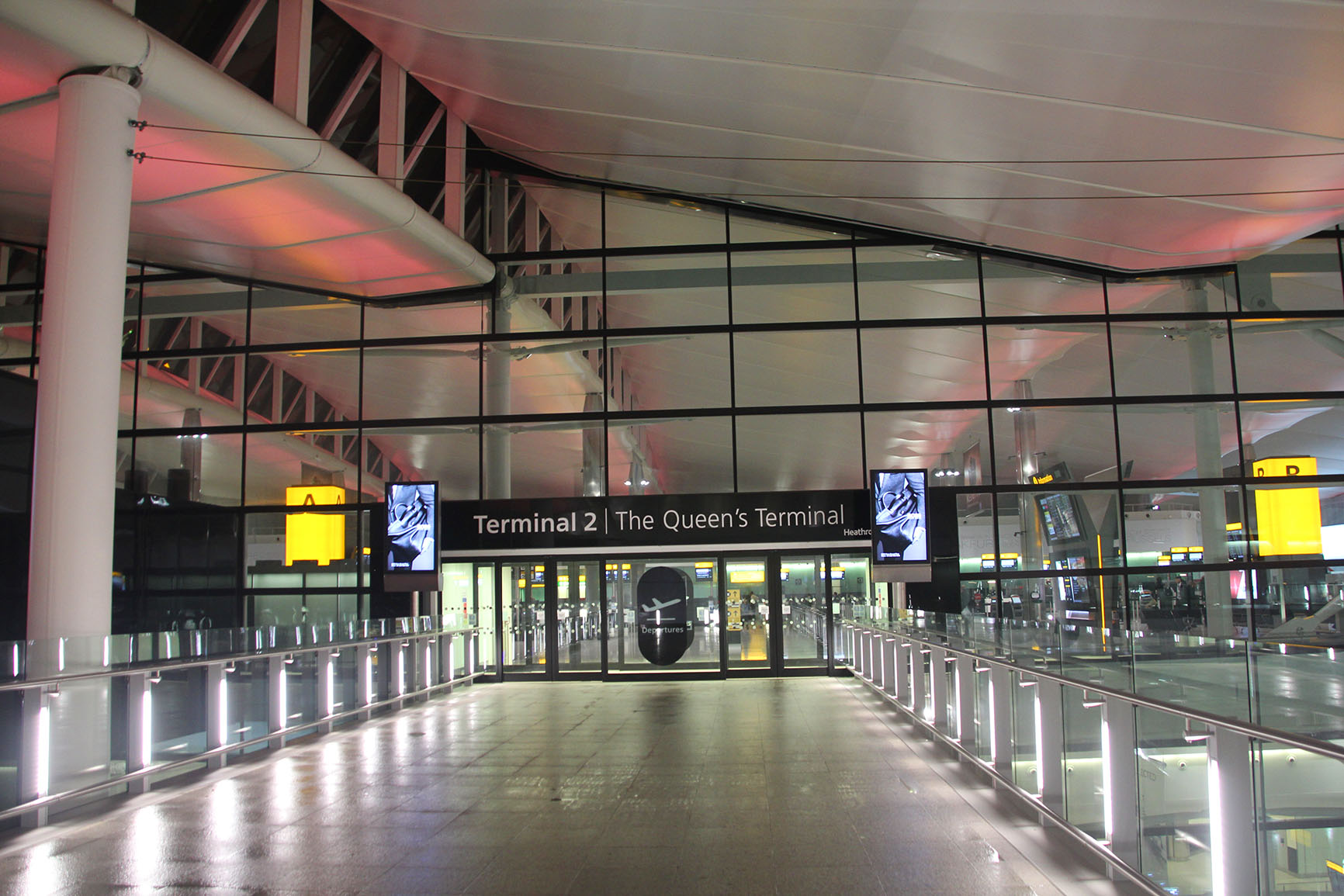

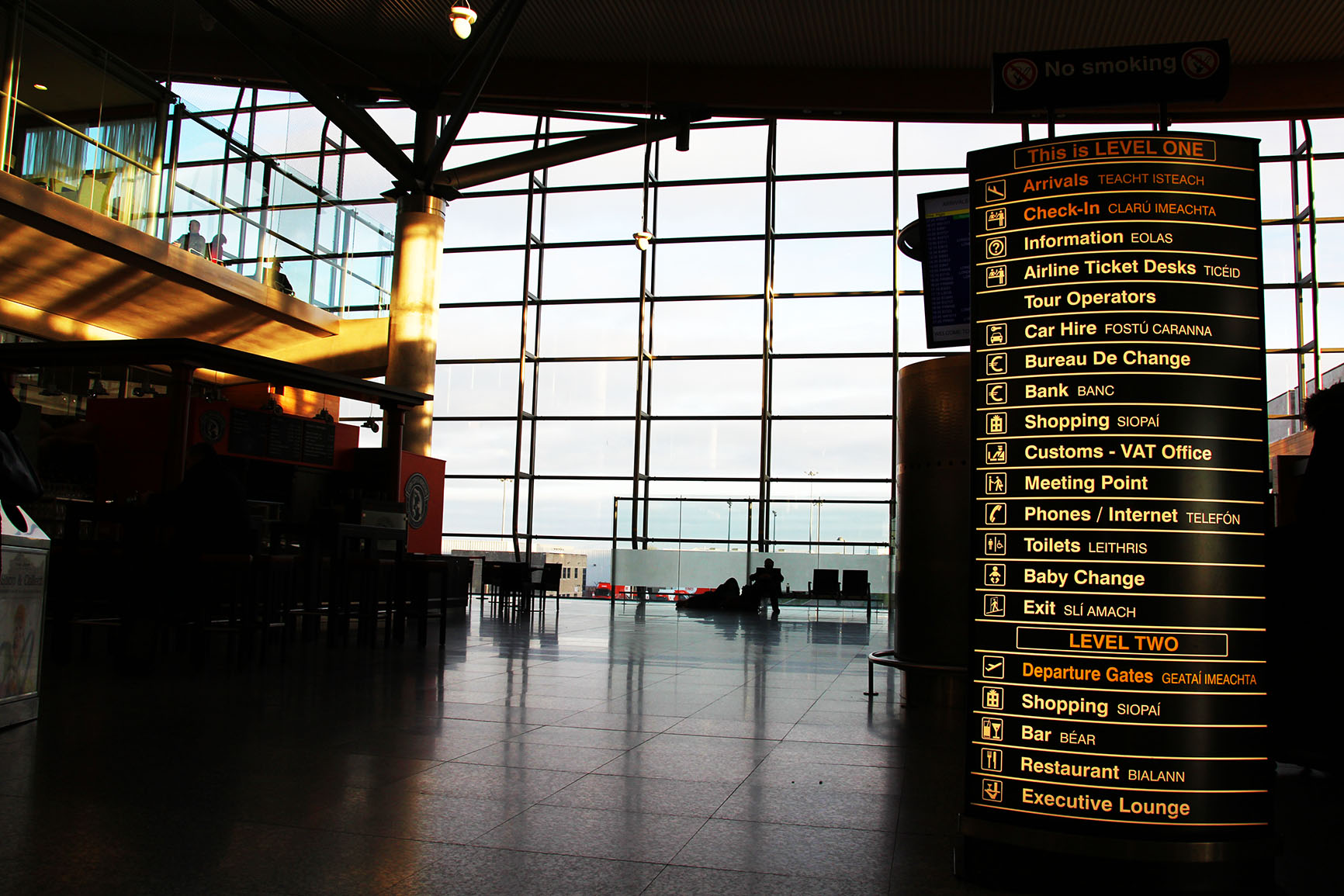
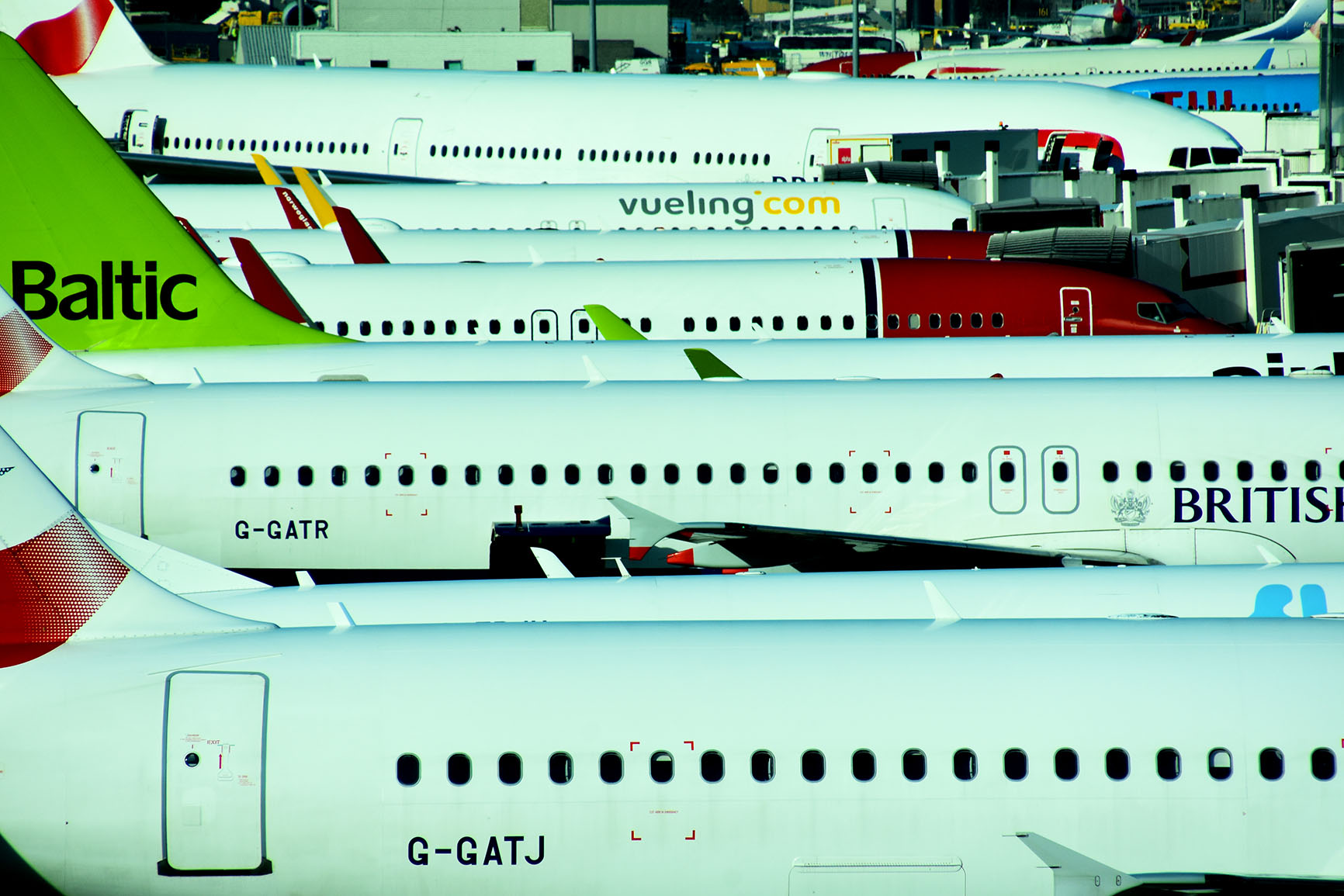
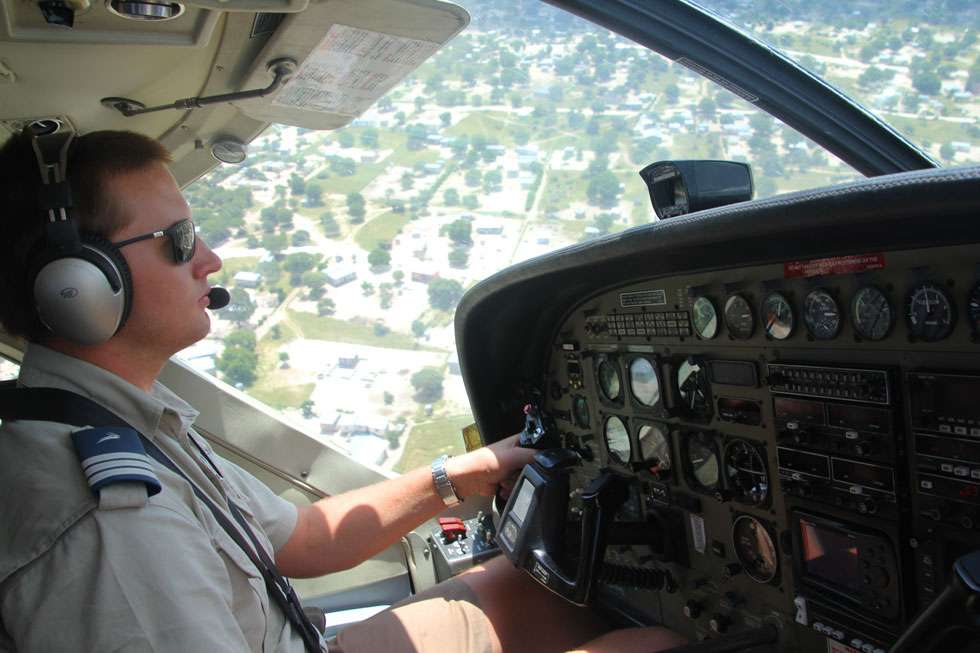
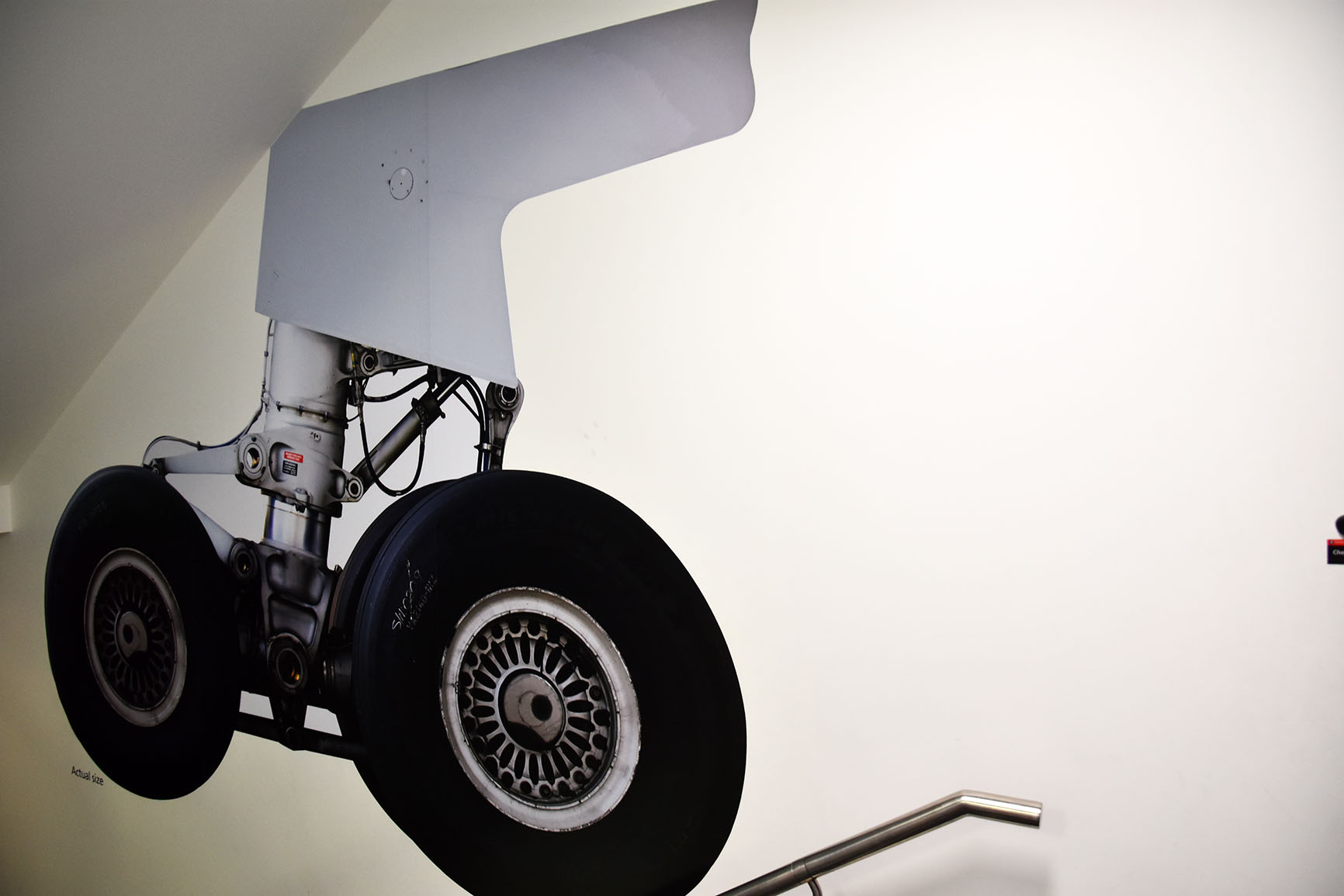
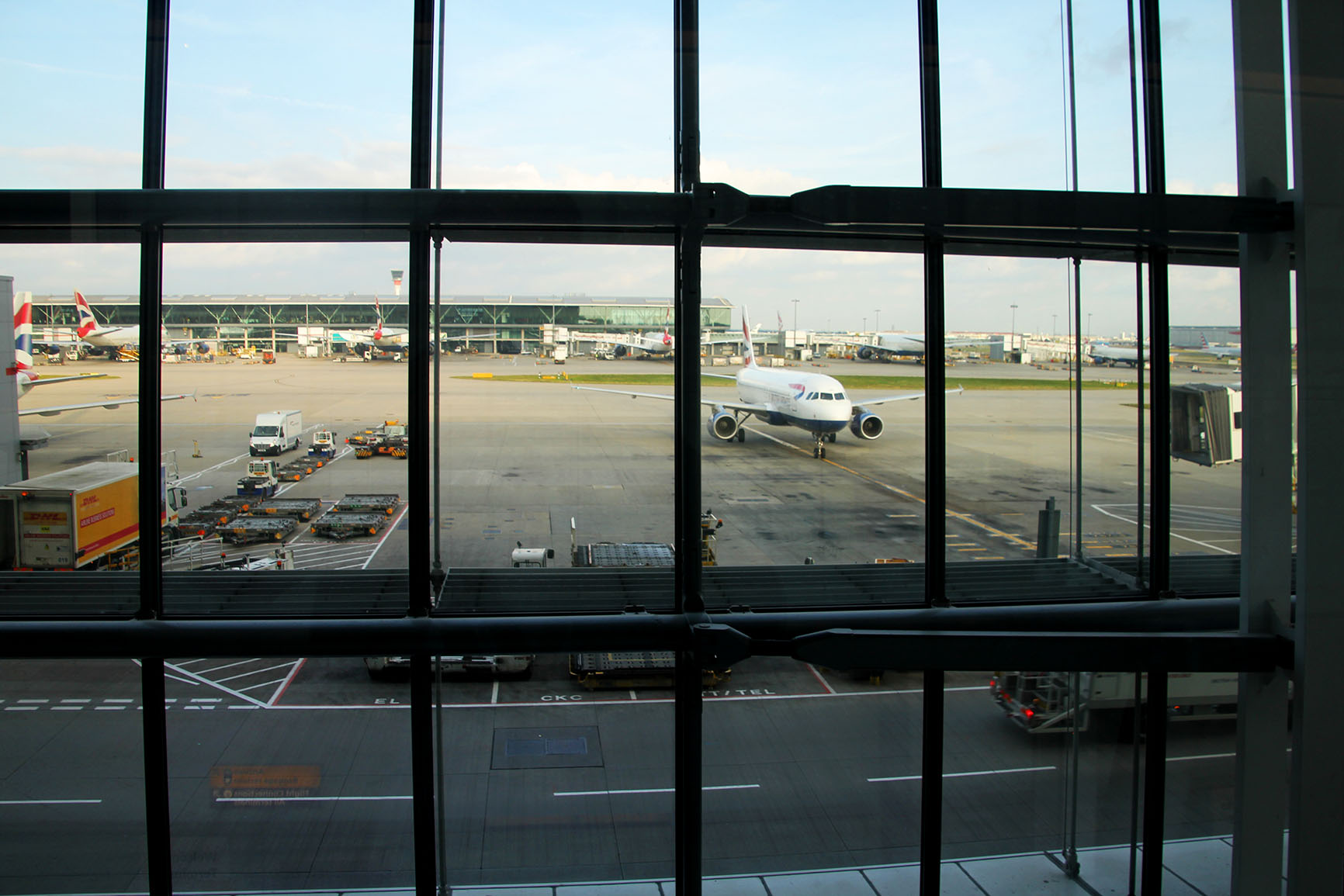
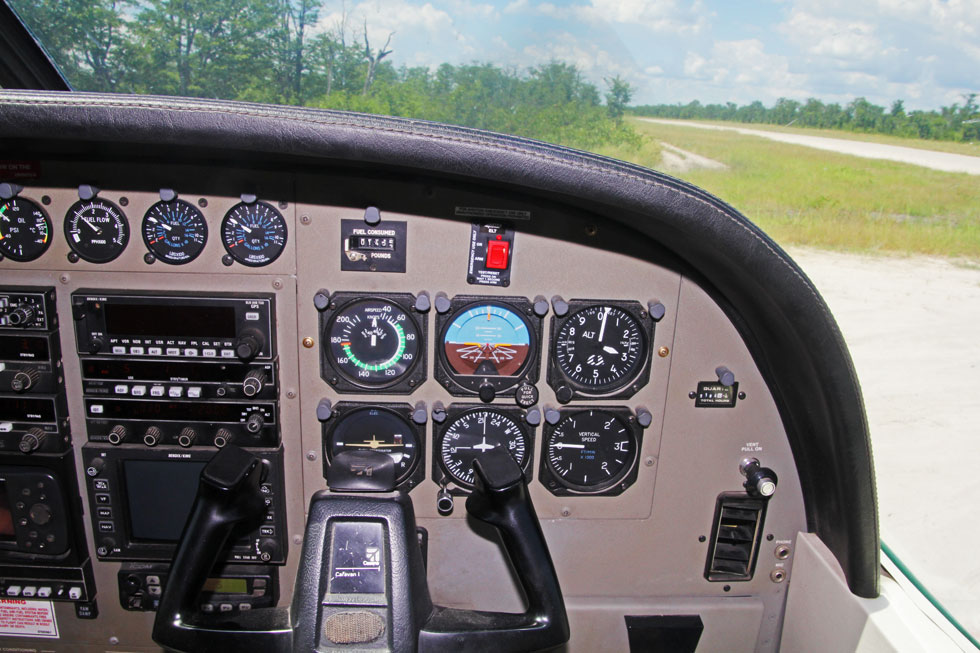








Leave a Reply
Want to join the discussion?Feel free to contribute!